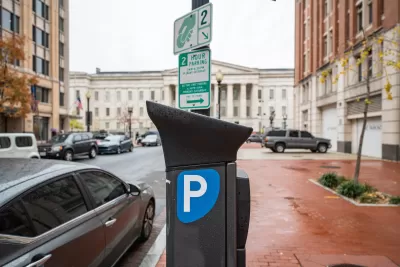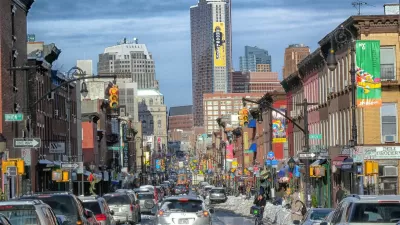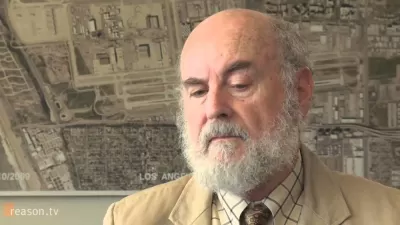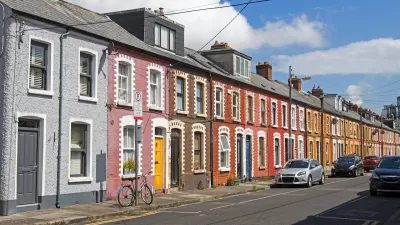The District is losing out on hundreds of thousands in potential revenue while encouraging residents to store cars on valuable public land.

In an opinion piece in Greater Greater Washington, Joshua Peacock argues that “Street parking in DC is way too cheap,” and taxpayers cover much of the cost.
Charging only token amounts for extremely valuable land creates an incentive for residents and commuters to drive their personal vehicles into the city and store them, using DC’s land in ways that make the streets less affordable, less welcoming, and more congested.
Peacock lays out the landscape: “Released in December 2021, moveDC reported that DC had 150,000 Residential Parking Permit (RPP) spaces, 20,000 metered spaces and 230,000 other spaces.” The construction costs for one parking space is, on average, $8,600. Looking at residential parking permits, Peacock notes that “At the current charge of $50/year for a residential parking permit, it would take 172 years to cover the cost of constructing that space.”
Meanwhile, the District’s highly coveted 20,000 metered parking spaces cost $2.30 per hour, which would add up to $14,352 per space per year if permit spots were priced the same. Private parking costs around $2,700 per year. Peacock makes the case that the $50 residential parking permits are woefully underpriced, meaning that “DC taxpayers are subsidizing 150,000 RPP spaces throughout the city to the tune of up to $558 per resident (all 712,000 of us in the 2020 census), per year.”
Peacock doesn’t recommend a sudden spike in permit costs, but suggests some steps the District could take to start remedying the inequitable situation, such as rewarding residents who do not use RPPs through ‘parking buyouts’ or charging for permits based on vehicle size and weight.
Echoing Donald Shoup, Peacock reminds readers, “There is never such a thing as free parking.”
FULL STORY: Street parking in DC is way too cheap

Trump Administration Could Effectively End Housing Voucher Program
Federal officials are eyeing major cuts to the Section 8 program that helps millions of low-income households pay rent.

Planetizen Federal Action Tracker
A weekly monitor of how Trump’s orders and actions are impacting planners and planning in America.

Ken Jennings Launches Transit Web Series
The Jeopardy champ wants you to ride public transit.

Washington Legislature Passes Rent Increase Cap
A bill that caps rent increases at 7 percent plus inflation is headed to the governor’s desk.

From Planning to Action: How LA County Is Rethinking Climate Resilience
Chief Sustainability Officer Rita Kampalath outlines the County’s shift from planning to implementation in its climate resilience efforts, emphasizing cross-departmental coordination, updated recovery strategies, and the need for flexible funding.

New Mexico Aging Department Commits to Helping Seniors Age ‘In Place’ and ‘Autonomously’ in New Draft Plan
As New Mexico’s population of seniors continues to grow, the state’s aging department is proposing expanded initiatives to help seniors maintain their autonomy while also supporting family caregivers.
Urban Design for Planners 1: Software Tools
This six-course series explores essential urban design concepts using open source software and equips planners with the tools they need to participate fully in the urban design process.
Planning for Universal Design
Learn the tools for implementing Universal Design in planning regulations.
Heyer Gruel & Associates PA
Ada County Highway District
Institute for Housing and Urban Development Studies (IHS)
City of Grandview
Harvard GSD Executive Education
Toledo-Lucas County Plan Commissions
Salt Lake City
NYU Wagner Graduate School of Public Service





























